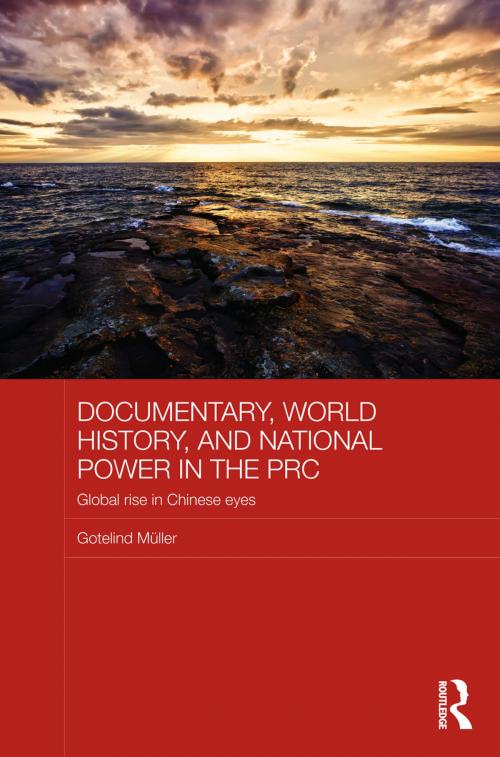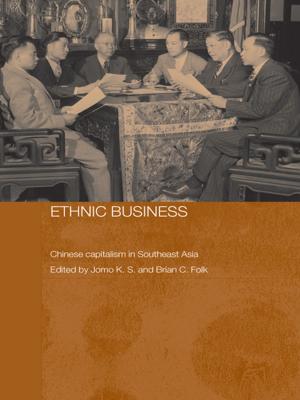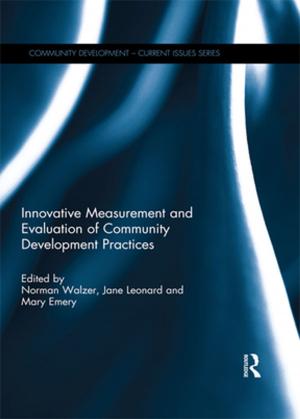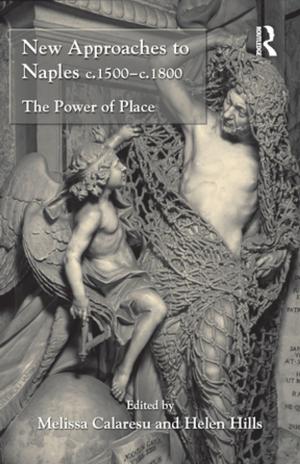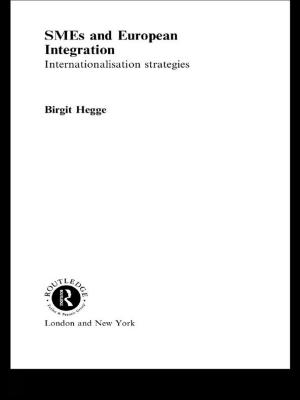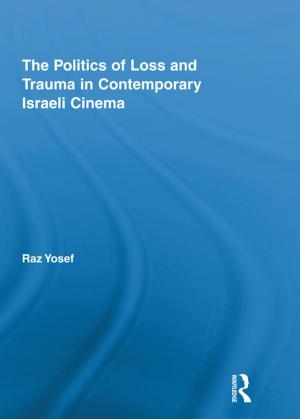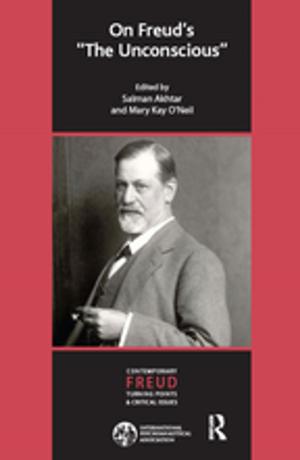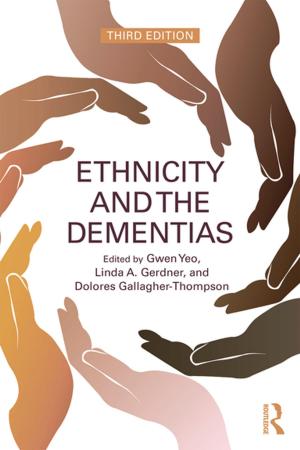Documentary, World History, and National Power in the PRC
Global Rise in Chinese Eyes
Nonfiction, History, Asian, China, Social & Cultural Studies, Social Science, Cultural Studies, Ethnic Studies, World History| Author: | Gotelind Mueller | ISBN: | 9781135089122 |
| Publisher: | Taylor and Francis | Publication: | October 30, 2013 |
| Imprint: | Routledge | Language: | English |
| Author: | Gotelind Mueller |
| ISBN: | 9781135089122 |
| Publisher: | Taylor and Francis |
| Publication: | October 30, 2013 |
| Imprint: | Routledge |
| Language: | English |
Documentaries have recently become a favourite format for Chinese state-directed media to present an officially sanctioned view of history. Indeed, this is not confined to Chinese national history. In stark contrast to the earlier self-centred preoccupation with Chinese history, there has been an upsurge in interest in foreign history, with a view to illuminating China’s role not only in world history, but also on the global stage today, and in the future.
This book examines three recent Chinese documentary television series which present the officially sanctioned view of the rise of the modern West, the reasons for the end of the Soviet Union, and the legitimisation of the present-day Chinese government via a specific reading of modern Chinese history to argue for a ‘Chinese rise’ in the future. With a focus on these documentaries, Gotelind Müller discusses how history is presented on screen, and explores the function of visual history for memory culture and wider society. Further, this book reveals how the presentation of Chinese and foreign history in a global framework impacts on the officially transmitted views on Self and Other, and thus provides a keen insight into how the Chinese themselves regard their ‘global rise’.
Documentary, World History, and National Power in the PRC will be welcomed by students and scholars working across a number of fields, including Chinese studies, East Asian studies, media studies, television studies, history and memory studies.
Documentaries have recently become a favourite format for Chinese state-directed media to present an officially sanctioned view of history. Indeed, this is not confined to Chinese national history. In stark contrast to the earlier self-centred preoccupation with Chinese history, there has been an upsurge in interest in foreign history, with a view to illuminating China’s role not only in world history, but also on the global stage today, and in the future.
This book examines three recent Chinese documentary television series which present the officially sanctioned view of the rise of the modern West, the reasons for the end of the Soviet Union, and the legitimisation of the present-day Chinese government via a specific reading of modern Chinese history to argue for a ‘Chinese rise’ in the future. With a focus on these documentaries, Gotelind Müller discusses how history is presented on screen, and explores the function of visual history for memory culture and wider society. Further, this book reveals how the presentation of Chinese and foreign history in a global framework impacts on the officially transmitted views on Self and Other, and thus provides a keen insight into how the Chinese themselves regard their ‘global rise’.
Documentary, World History, and National Power in the PRC will be welcomed by students and scholars working across a number of fields, including Chinese studies, East Asian studies, media studies, television studies, history and memory studies.
